How to Get the Benefits of Magnesium
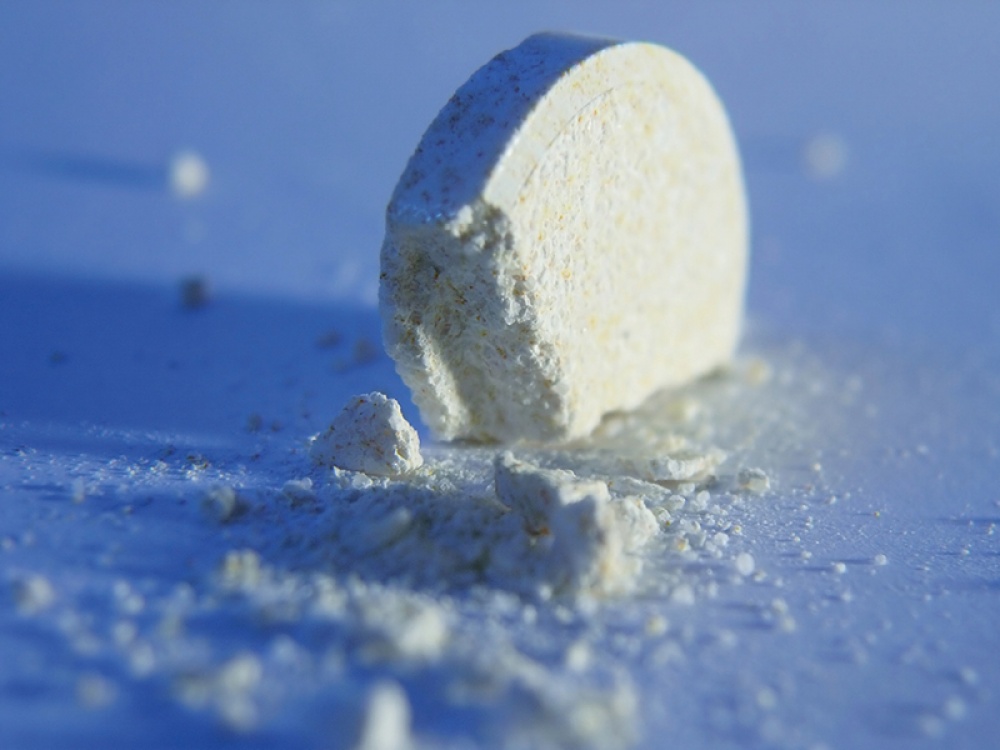
A new watch word in wellness this summer, magnesium is being touted as the perfect antidote to bad sleep, worse moods and general lethargy
Magnesium is an essential element, and you might be surprised to learn it’s the fourth most abundant mineral found in the body after calcium, potassium and sodium, and recent research has shown that 80 percent of all metabolic activity (from the regulation of muscle contractions and blood pressure to energy production, blood sugar balance and even weight management) involve magnesium. Who knew?
Well it seems social media was ahead of the curve as usual. Search supplements on any platform and you’ll get thousands of hits. TikTok especially seems obsessed with magnesium and its many benefits.
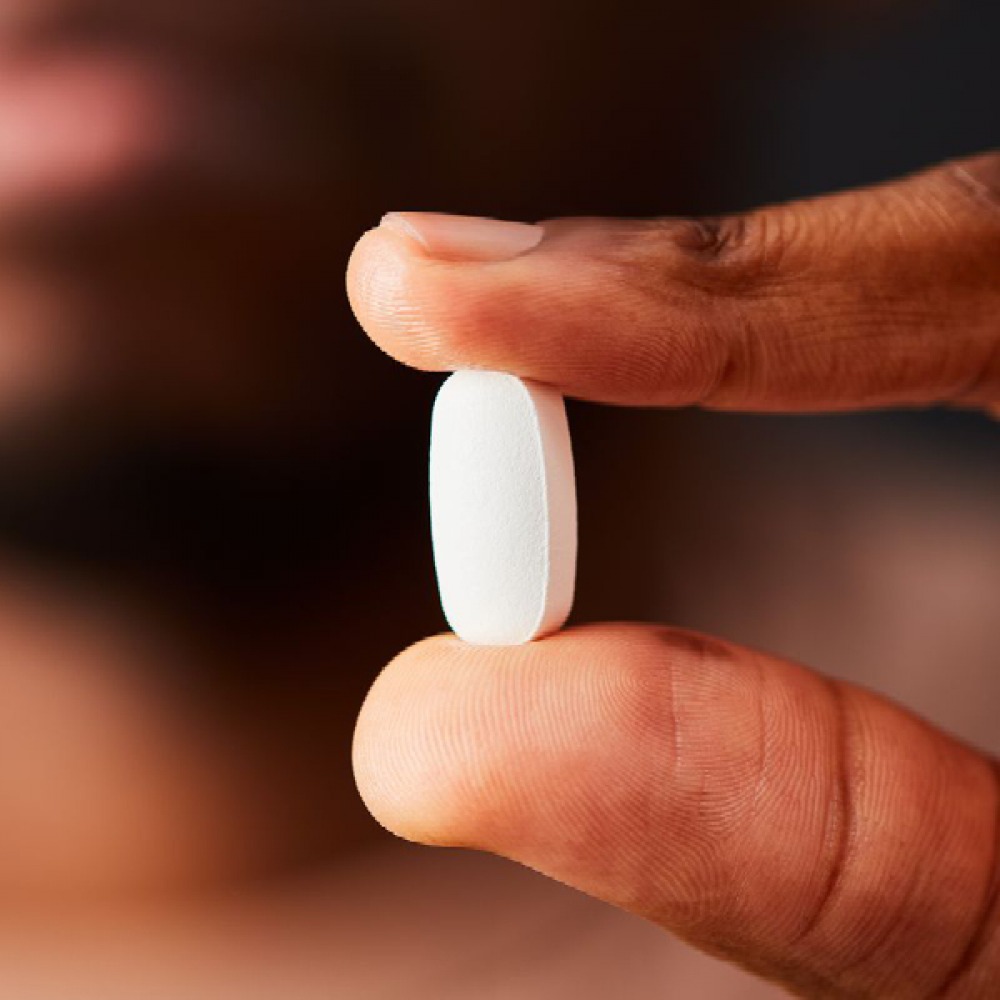
Found naturally in rocks, seawater and soil, there are a number of forms of magnesium, but is seems we are becoming increasingly deficient in this vital element, and even magnesium-rich foods such as leafy greens contain less magnesium than they used to. But just what miracles does magnesium perform?
Magnesium helps quieten the nervous system and so helps manage stress levels and improve sleep by supporting our adrenal glands. Serotonin also depends on magnesium for its production and serotonin (the feel good hormone) is essential for regulating sleep, and mood. It also helps our muscles relax. Anyone who has ever suffered from twitchy, restless legs at night will understand the frustration and just how badly it can impact your sleep.
As one of the most important elements in the human body and the driver in a number of biochemical processes, magnesium plays a vital role in modulating brain biochemistry, influencing neurotransmission pathways associated with depression. Research shows that personality changes, including apathy, depression, agitation, anxiety and even confusion can be exacerbated when we are magnesium deficient. Magnesium elevates levels of a neurotransmitter, GABA, which helps with mood swings. Higher levels of GABA also lead to better, deeper sleep.
So is there anything magnesium can’t do? Not according to most experts, who recommend taking it to help with symptoms of PMS, help regulate blood sugar, and lower inflammation.
As magnesium is involved in energy production, oxygen uptake and electrolyte balance (involved in regulating nerve and muscle function, hydrating the body and balancing blood acidity and pressure), it plays a key role in your metabolism which is why it’s suggested that higher levels of magnesium can improve your exercise performance and recovery.
So we are all convinced. But what supplements should we take?
Common forms of magnesium include magnesium citrate, lactate, chloride, oxide, glycinate and malate, but there are actually 11 types of magnesium so you need to do a little research to discover what type works best for your own symptoms. Magnesium citrate is the most common form recommended for deficiencies; magnesium lactate is similar but a little gentler on the stomach; and magnesium chloride is what to look for to alleviate muscle pain.
There are also all kinds of ways to take it, including in capsule form and trans-dermally, using oils, sprays and gels which tend to be better absorbed by the body. And although magnesium supplements are well-tolerated by most people, some people experience symptoms such as nausea and diarrhoea. In order to minimise the risk of side effects, take the supplement with food and away from medication, and you should not exceed a daily intake of 400mg.

This Food-Grown® Magnesium is grown in raw, live food paste so the full biochemistry of the mineral present, complete with glycoproteins, lipids and amino acids, and the full spectrum of seven magnesium compounds.
Food-Grown® Magnesium 60 capsules, £18.50 Wild Nutrition
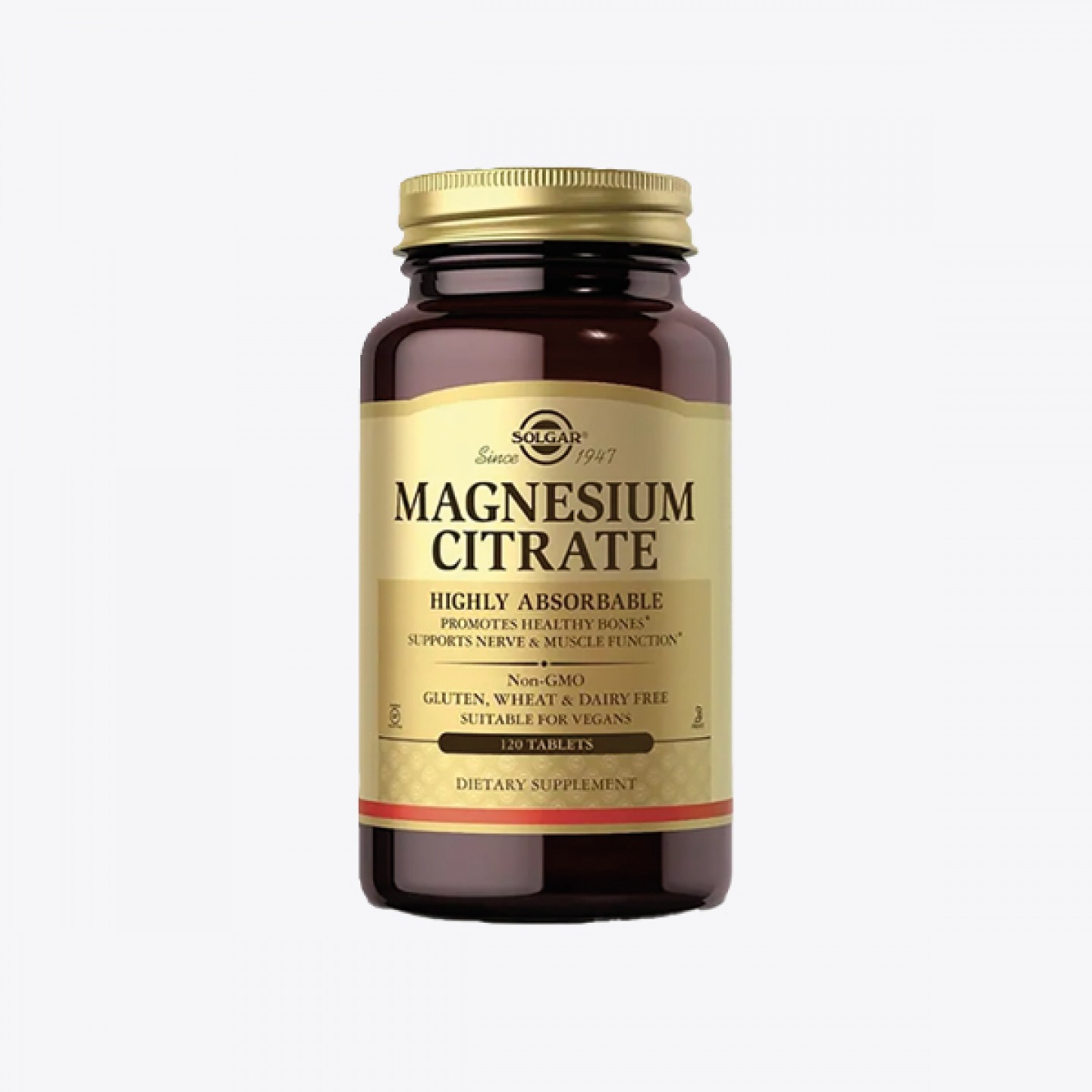
This high-potency tablet provides 100 percent magnesium citrate and is suitable for vegetarians, vegans and kosher diets.
Magnesium Citrate 60 tablets, £14 Solgar
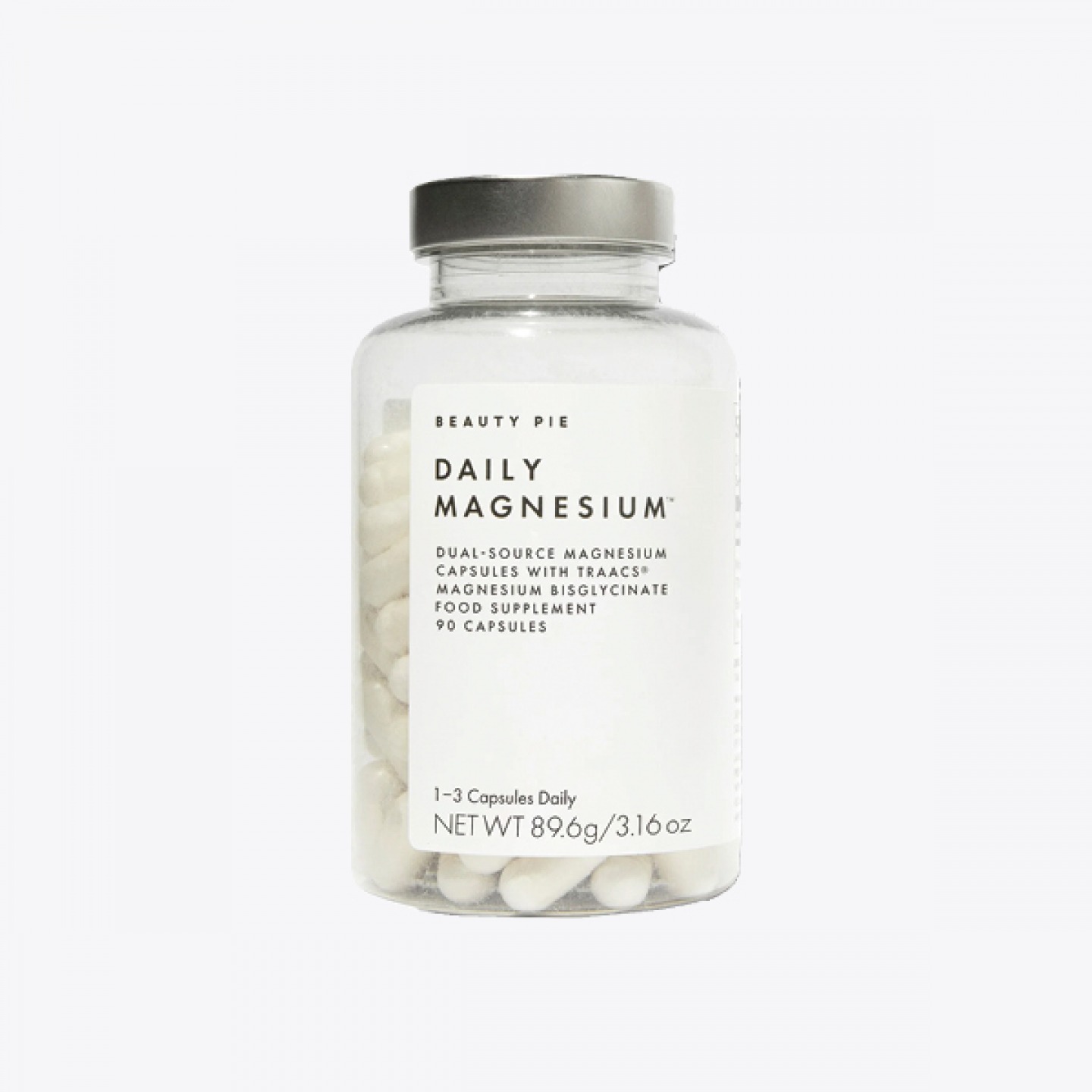
Dual Source Daily Magnesium provides 100mg per capsule of bioavailable elemental Magnesium Malate and Magnesium Bisglycinate.
Daily Magnesium 60 tablets, £15 (member’s price) Beauty Pie
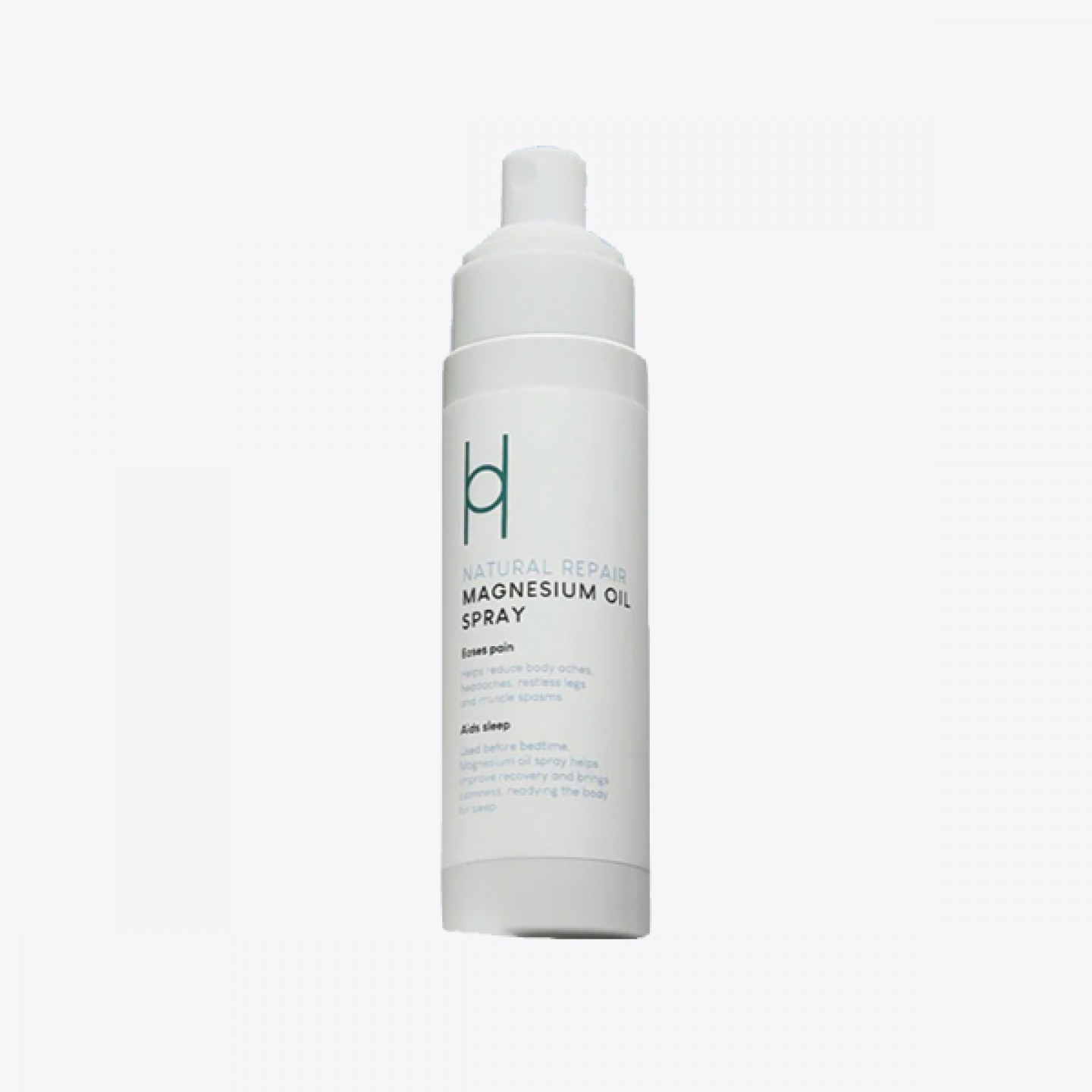
This rapidly absorbed body spray gives instant relief from restless legs and cramp, helps calm the mind and promote restful sleep. Natural
Repair Magnesium Spray, £14.75 Harrogate Organics

A targeted way to replenish levels, Magnesium Gel provides a regulated release of magnesium for sustained delivery. Just one millilitre of gel delivers a minimum of 100mg of optimally absorbable elemental magnesium. Magnesium Gel, £12.95 Better You
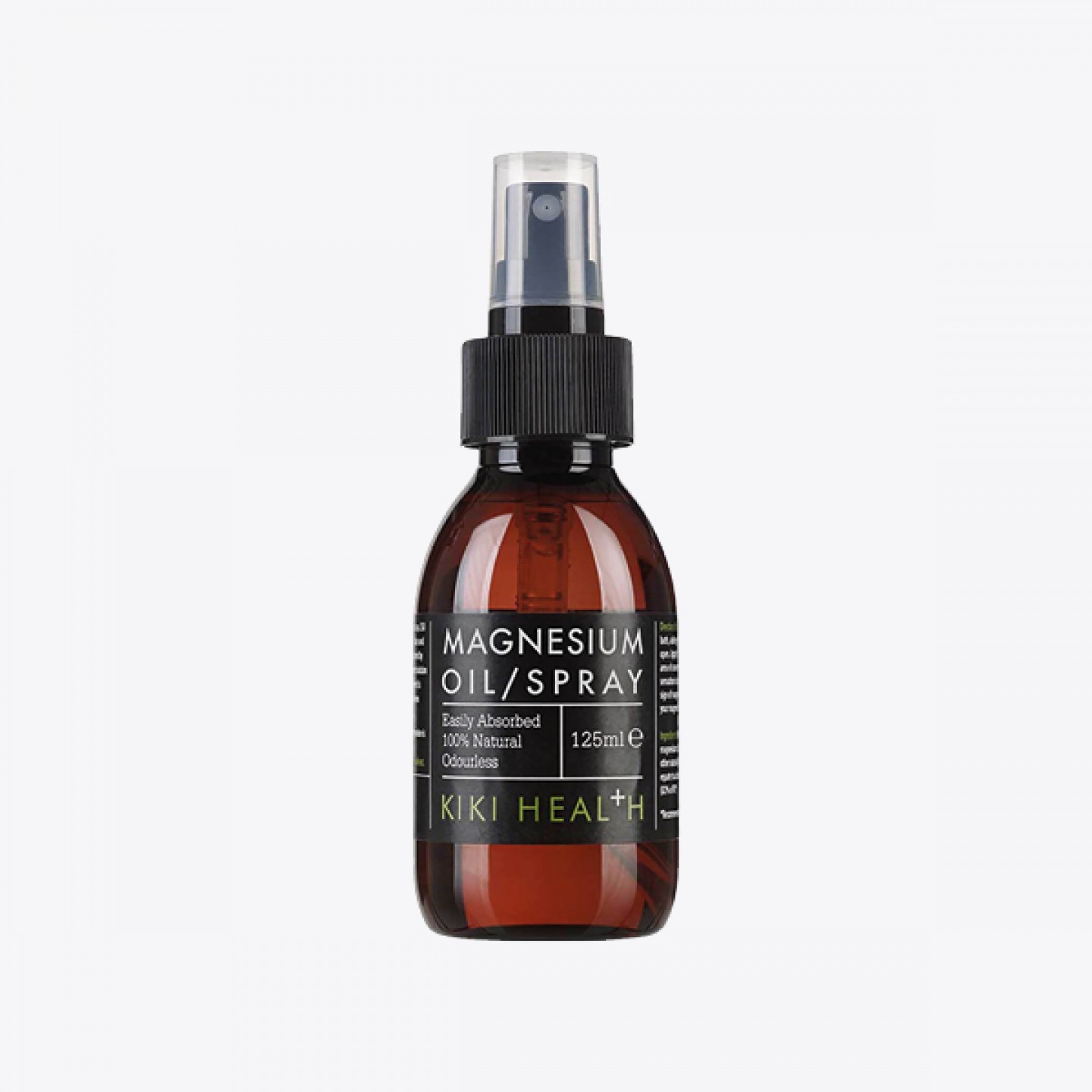
This simple spray can be directly applied to the skin and is suitable for full body use. Apply five to 20 sprays to area of concern in the morning and at night and lightly massage into the skin (ideally post shower or bath as the pores are open which aids better absorption).
Health Magnesium Oil, £12.50 Kiki Health







